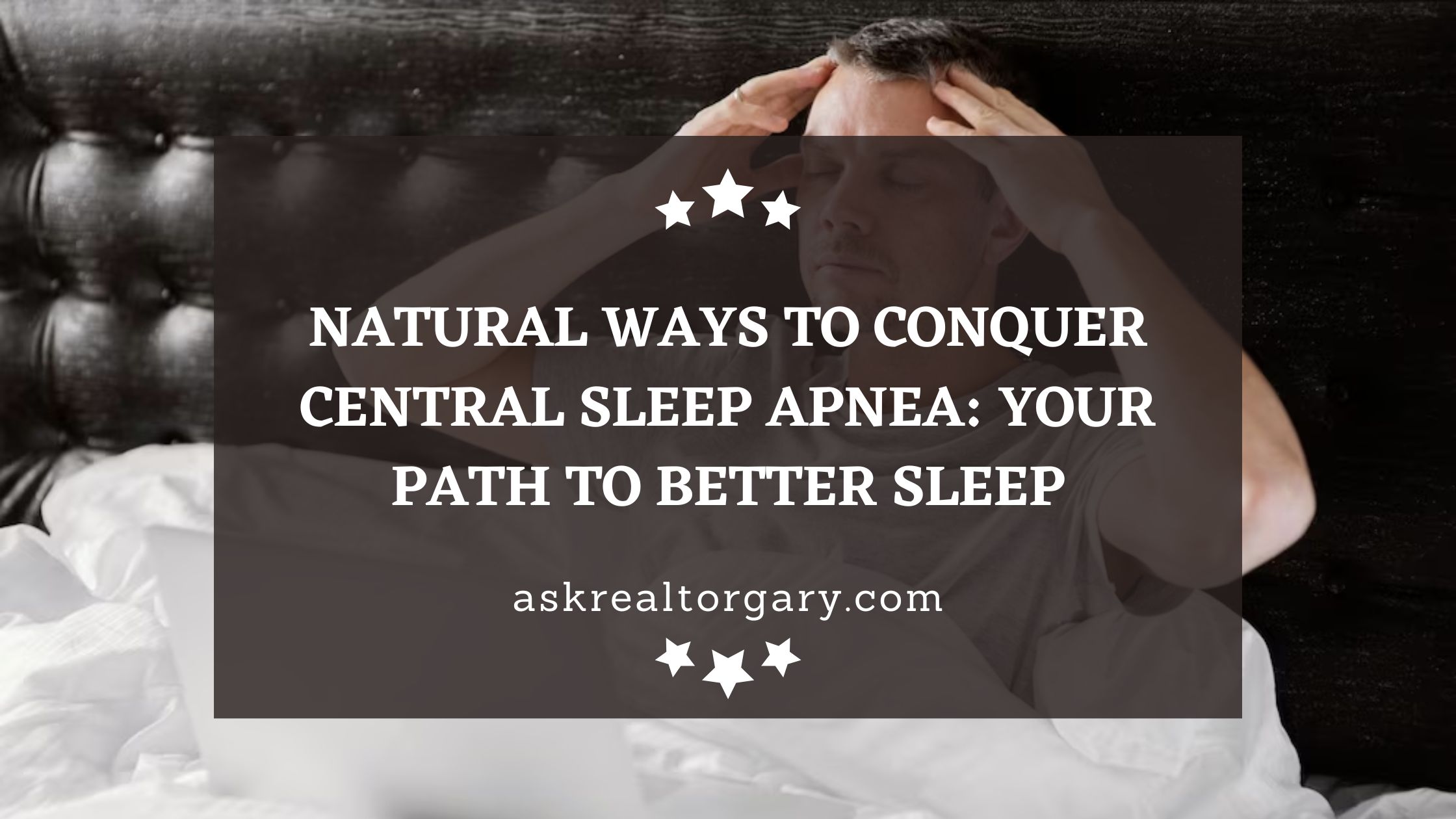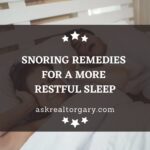I suffer from repeated, frequent awakenings at night. And I was dumbfounded as to the cause or the cure. I did notice, however, that sometimes when I was awake I would notice that my breathing would “pause” for several seconds before I had an urge to breathe again.
I went onto the Zeo website user blogs, and asked if anyone could offer some insight into my problem. This would be a “typical” night for me.
I got a couple of responses back immediately, and they both offered “sleep apnea” as a likely cause. I had dismissed this earlier, but I then thought that there’s more than the common Obstructive Sleep Apnea…

Contents
Three Different Types of Sleep Apnea
As I’ve written before, there are three different types of sleep apnea:
- Obstructive Sleep Apnea or OSA is the most common type (about 85%) of this disorder, and it happens when there is an obstruction to your airway while you sleep – often it’s extra, fatty tissue (even your tongue) that blocks air during the night.
- Central Sleep Apnea or CSA is actually a brain disorder – often caused by an injury of some kind to the brain stem – the area of your brain that controls breathing. It can be caused by a brain-stem stroke, heart failure, or any number of other medical conditions. It’s quite rare among sleep apnea sufferers, and represents only about 1% of the cases.
- Complex or Mixed Sleep Apnea is some combination of OPA and CSA. Doing the math – about 14% of sleep apnea sufferers have this kind.
I had a brain stem stroke about two years ago, and that’s when the sleeping problems started. So putting two and two together, CSA seemed a likely diagnosis.
Also Read –
Natural Remedies For Central Sleep Apnea
In my other post, I talked mostly about natural cures for Obstructive Sleep Apnea, because that was the overwhelmingly prevalent type. But I needed to do some deeper research to find what I could do about CSA.
- Often, CSA is discovered during a polysomnograph (sleep lab) study when the technicians are looking for something else. They notice that there is a CSA issue, but whether to treat it or not is another question. Often the answer is “watchful waiting” as about 20% of these CSA’s go away on their own.
- There is an “anecdotal” link between frequent awakenings and poor sleep quality with low magnesium levels in the blood. This magnesium/sleep study noticed the link (there are many) and it seems to be general knowledge now that low levels of magnesium have all kinds of effects around our bodies (Restless Leg Syndrome, Inflamation, etc). The recommended daily allowance (RDA) of magnesium is 320-420mg – depending on gender, and whether you’re pregnant or nursing. The magnesium link isn’t referenced in any of the CSA literature – so it’s mostly conjecture on my part.
- As in Item 1 above, I have some anecdotal evidence – me. It might simply be time. The brain heals itself after a stroke, but it takes time. After two years, I can still see improvement in my speech, in my typing speed, in my energy – even my sleep has improved from the early days. Perhaps all I can do is wait.
Unfortunately, there seems to be no natural Central Sleep Apnea treatments, other than waiting to see if it resolves itself – and what could be more natural than that? Some of the conventional treatment for CSA is listed here:
Like any secondary insomnia, CSA is often resolved when the actual underlying medical reason for the apnea is resolved. These could be things like descending from a high altitude – you have breathing issues with the lower air pressure.
Sadly, heart failure is often a cause of CSA, so a heart transplant tends to resolve the issue. Researchers have found that exercise in these heart failure patients (sounds strange how you could exercise with a failing heart – but who knew) can improve their CSA symptoms.
Further, I found this medical reference from 2010:
“Several different treatments aimed at central sleep apnea include positive airway pressure, adaptive servo ventilation (ASV), oxygen, added dead space, carbon dioxide inhalation, and overdrive atrial pacing.”
Follow this link to find out more about each individual treatment.
The Results of My Self Diagnosis – Was Central Sleep Apnea The Culprit?
So I went to my doctor, and showed him the evidence I had for CSA. I described the frequent awakenings combined with the short pauses (6-10 seconds) of breathing.
He actually thought the thinking sounded logical (who knew), and immediately ordered a blood oximeter overnight test – I didn’t have to argue.
This is a test where you wear a sensor on your finger overnight, and it monitors your blood oxygenation levels over the duration – logging any events where levels dip into an “abnormal” region. Normally you will be somewhere in the 90-99% range overnight, and if you dip below that, there is cause for further investigation.
Happily the blood oximeter test came back negative – my blood oxygen saturation overnight is completely normal. So now I can avoid “adaptive servo ventilation” or “overdrive atrial pacing” – whatever those are.
I’m happy that I don’t have sleep apnea (of any type), but I’m a bit upset that I’m back where I started – what the heck is the problem with my sleep?
There Could Be A Bigger Picture
The bigger story for me is that you are responsible for your own healthcare. I was the one who investigated my sleep (this isn’t the first time) and I’m the one coming up with possible culprits. I just ask my doctor to play along, and as long as the logic sounds credible and I’ve done my research, he is willing to do pretty much anything.
This has happened recently, with the same doctor, trying to discover the likely reasons for the brain stem stroke (and calcification of a couple of heart arteries that resulted in bypass surgery in 2006). I’m a young, healthy guy and this isn’t supposed to happen to people like me.
Again, it isn’t his job to go searching for clues and possible solutions – he sees way too many people a day to entertain that (some would say that it is his job, but I’m dealing with the real world here).










